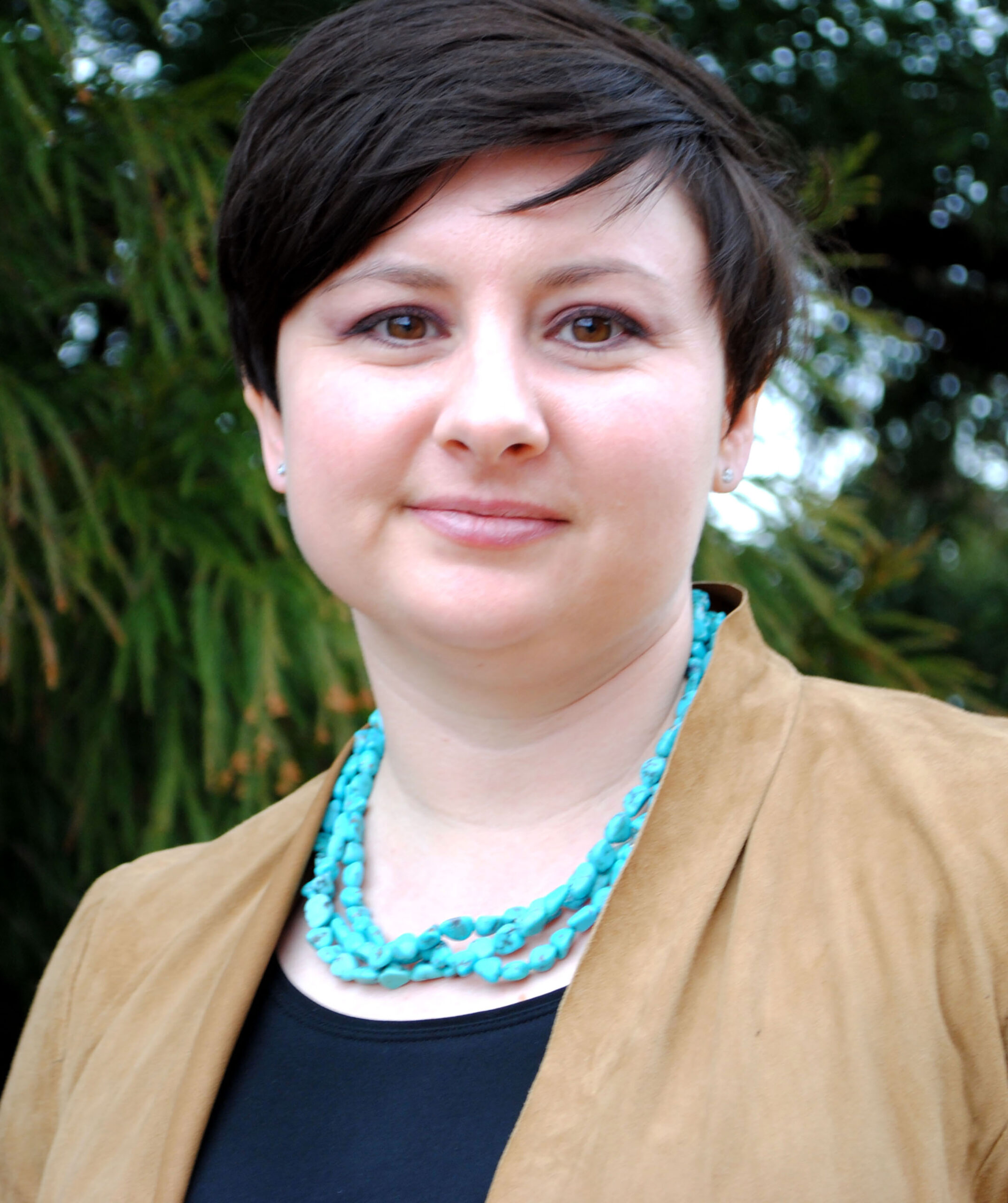Suggestions when approaching a professor about a research opportunity
By: Melissa Kenney
As much as you want to find a great research opportunity, the professor or project lead wants to find a great student to work on their project. Many of these projects are things that the professor has spent a great deal of time thinking about and scoping; thus, the kind of student that they want to find to work on their project is one that is smart and incredibly passionate about their research and their study. They are looking for students that are team players, but highly independent and professional after some training. And they are looking for students that recognize that they are receiving training in research and the attribution that they may receive from their work would be a letter of recommendation or potentially a note of acknowledgement in a peer-reviewed manuscript. Longer-term commitments (a year or longer) could have the potential to lead to student-led projects for a thesis or similar, but you have to put in your time to learn both research methods and project management.
So suppose you have found what you think is the perfect research opportunity, what should you do? Obviously, contact them! But it is critical that you present yourself well so that you will be competitive for the opportunities you seek. Below I offer some advice given the kinds of things that I look for when hiring students, so you don’t make the mistakes of others.
This is your first impression, so it is critical that you make a good one. Below are some suggestions:
- Write the email as if you were writing a brief cover letter – make sure that it is professional and grammatically correct. Do not include emoticons.
- Include the correct title (look it up if you don’t know) and spell the name of the professor correctly.
- Sign off in a professional manner.
- Include an email signature (set one up so that it is always included at the bottom of your emails). It should include your full name, university, major, email, phone, and professional website/LinkedIn site.
- Attach your resume. Make sure your resume does not include activities to fill space. If your experiences are light, address this in your email/cover letter.
- Respond to emails within 24 hours. If this isn’t possible, mention it in your email.
Phone Call/Interview
If you are lucky enough to be invited to talk with the professor via phone or to meet them in person, please make sure that you do the following:
- Prior to the interview, think about the goals of the project and the professor, not just what you want to get out of it. If you can think of someone else’s objectives, then you can make a stronger case for why you would be the best student to work on the project.
- Call or show up to your interview on time. If it is in person, dress up.
- Introduce yourself with your first and last name and present yourself professionally.
- Have a 30 second introduction of yourself well prepared (i.e., response to the question: Tell me a little about yourself?).
- Practice response to possible questions – have stories that help to illustrate your skills because it’s more powerful than words.
- If materials have been provided to you prior to the meeting, read it and know how to summarize it. Know what makes you excited about it. Have questions about the papers.
- If none were provided, bonus points if you look up and read some of the professor’s papers.
- Have questions both about the research effort and the logistics so that you can respond when you are asked if you have any questions.
- After the call or meeting, follow-up with a thank you email the same day (again professional). If you are in the position of making a decision, you should let them know within a week.






